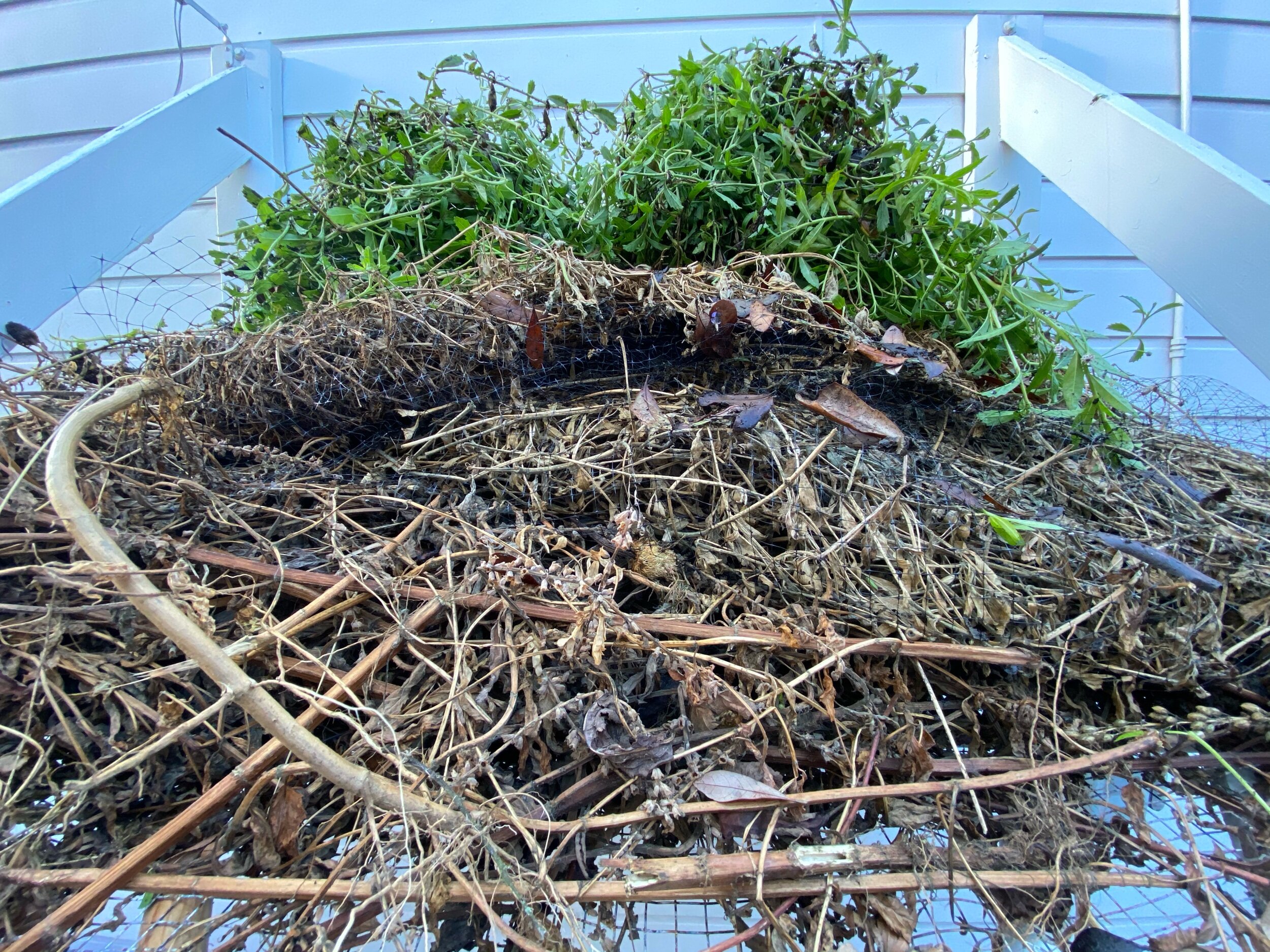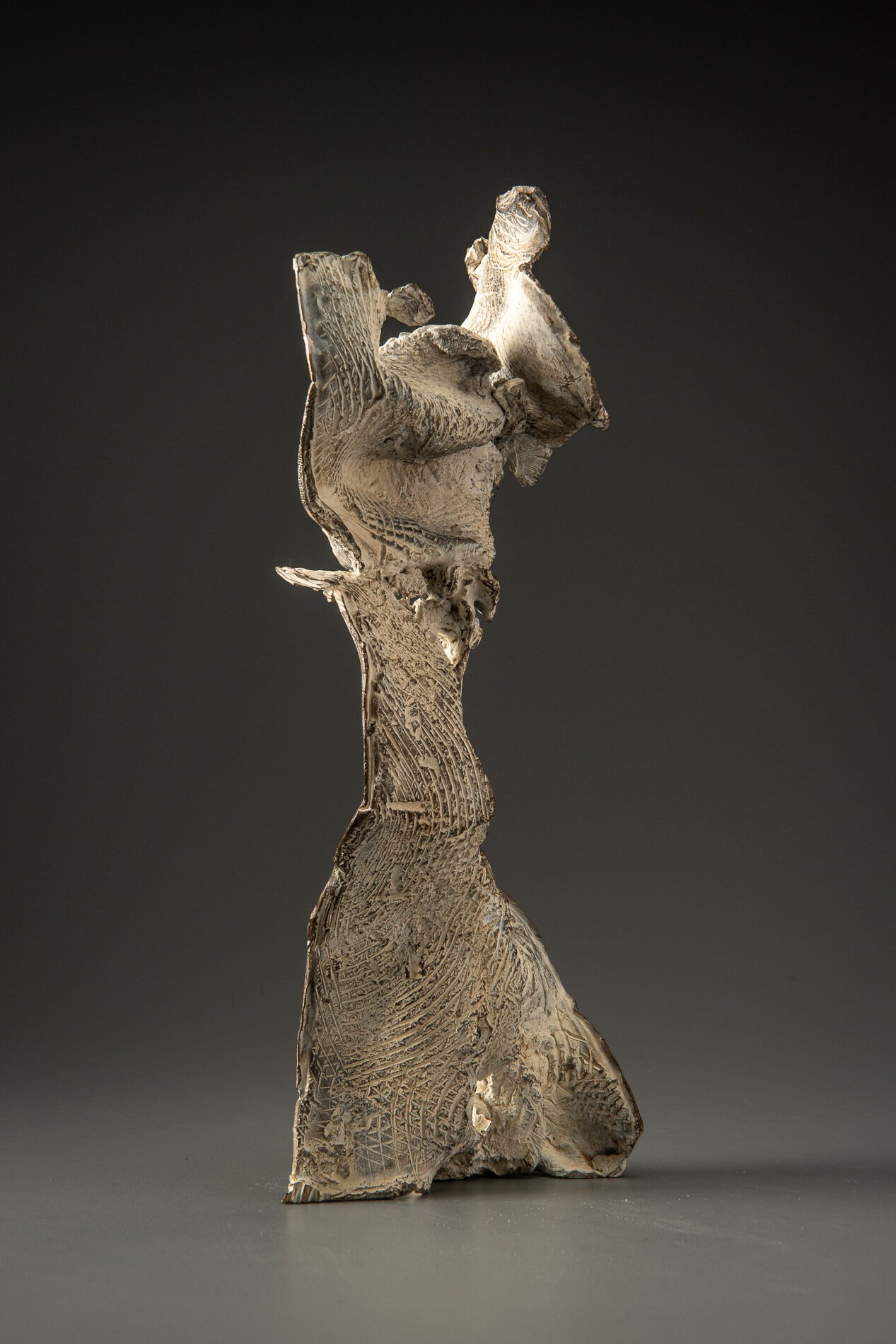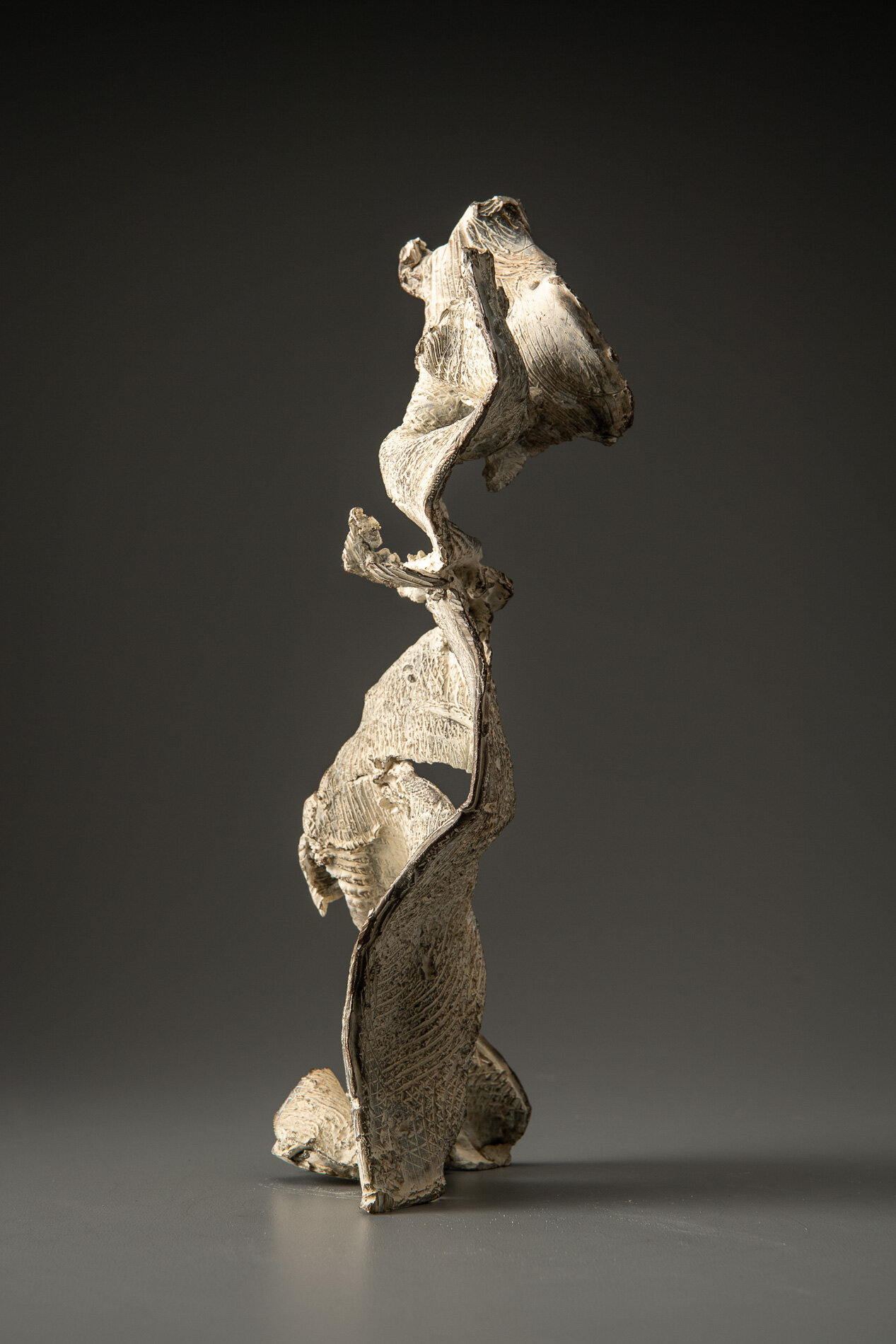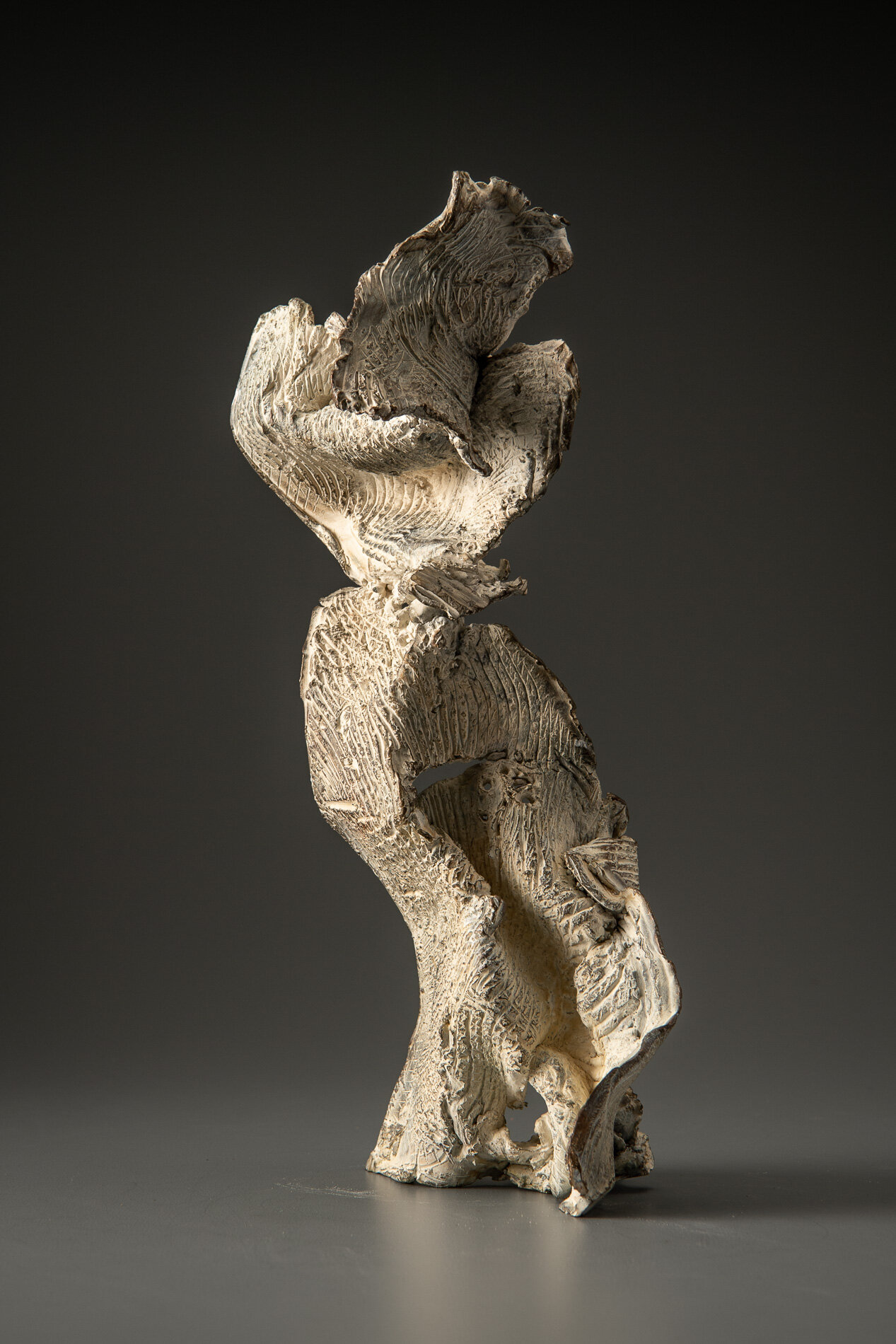Sometime in 2019 or late 2018 I discovered the USGS photographic library of wild bees. I was overwhelmed at the number of species and their individual beauty. They are jewels of the insect world. These facts combined with the reality that most well educated people believe that there is just one bee species - the honey bee. There are 20,000 species. How a creature who is responsible for our food could be misunderstood to this existent is baffling. Scientist just started realizing the error in their studies last summer. Committing to telling the story of the plight of the most important being on the planet is a worthy story. I have always felt the need to support underdogs.
Below us the artist statement for the project as I incusion it today. Artist statements remain fluid as I work on big projects.
RUMBLINGSA rumbling in the distance is nature's way to alert living creatures to their environment. Rumblings; monumentally draws attention to the 20,000 unknown species of threatened wild solitary bees. The bees that can not bee industrialized. The watercolor ink carefully manipulated on the fifty interconnected monotypes to reflect the synergistic, aqueous effect of; the unexplored bee species superior magnetic attraction of golden dust, the movement of the anonymous Keystone species dedication to pollinate, and their fragility due to the applied chemicals that flood industrial agriculture. With Rumblings, there is knowledge and knowledge is power; it is a resounding call to all for action.
The COVID 19 quarantine in March was a huge buzz kill to this series. These are all monotyoes. I use the plexiglass surface to create my water effect that I then press into the paper. I am very attached to this method as the best way to communicate this work for a few reasons. 1. It is a process I created and as far as I know no one else creates monotyoes with this type of mark making., 2. The watery look suggest the use if pesticides that are impacting their extension and lastly the tiny details that make up the bee is suggestive of pollen dust. I have been creating this pieces in MFAH beautiful Glassell studio school printmaking studio. With COVID that us not an option for me.
Since March, I have stitched bees and tried to be open-minded to another process to complete the series. I finally decided to see if I could hand press a 30” X 44” print in my studio.
Here I am applying the ink to the plexiglass. On the wall is a photo of Bombus Dahlbomii, the largest humble bee in the world at 2” long and endangered if it us not already extinct. The photographs are stunning. The photographs are taken if dead bees. In ny pieces, I try to put movement and energy back into the buzz pollinator.
Here I have just pressed the plexiglass with the watercolor ink bee image onto the wet paper. And surprise surprise surprise.
Bombus Dahlbomii IV
I have made three other attempts to print this monsterous fluffy ginger and not been happy with the results.
Bombus Dahlbomii IV Ghost.
The prior attempt are below. Getting a mono-colored fluffy bee with out muddying the ink was tricky.
Bombus Dahlbomii Day I
Bombus Dahlbomii Day I ghost
Bombus Dahlbomii Day II
Bombus Dahlbomii Day II ghost
Bombus Dahlbomii Day III
Bombus Dahlbomii Day I'll ghost
I am hoping the Bombus Dahlbomii day IV pieces cut the mustard. I am feeling hopeful and extremely excited that I can create monotypes without a press Is this non-verbal size.















































